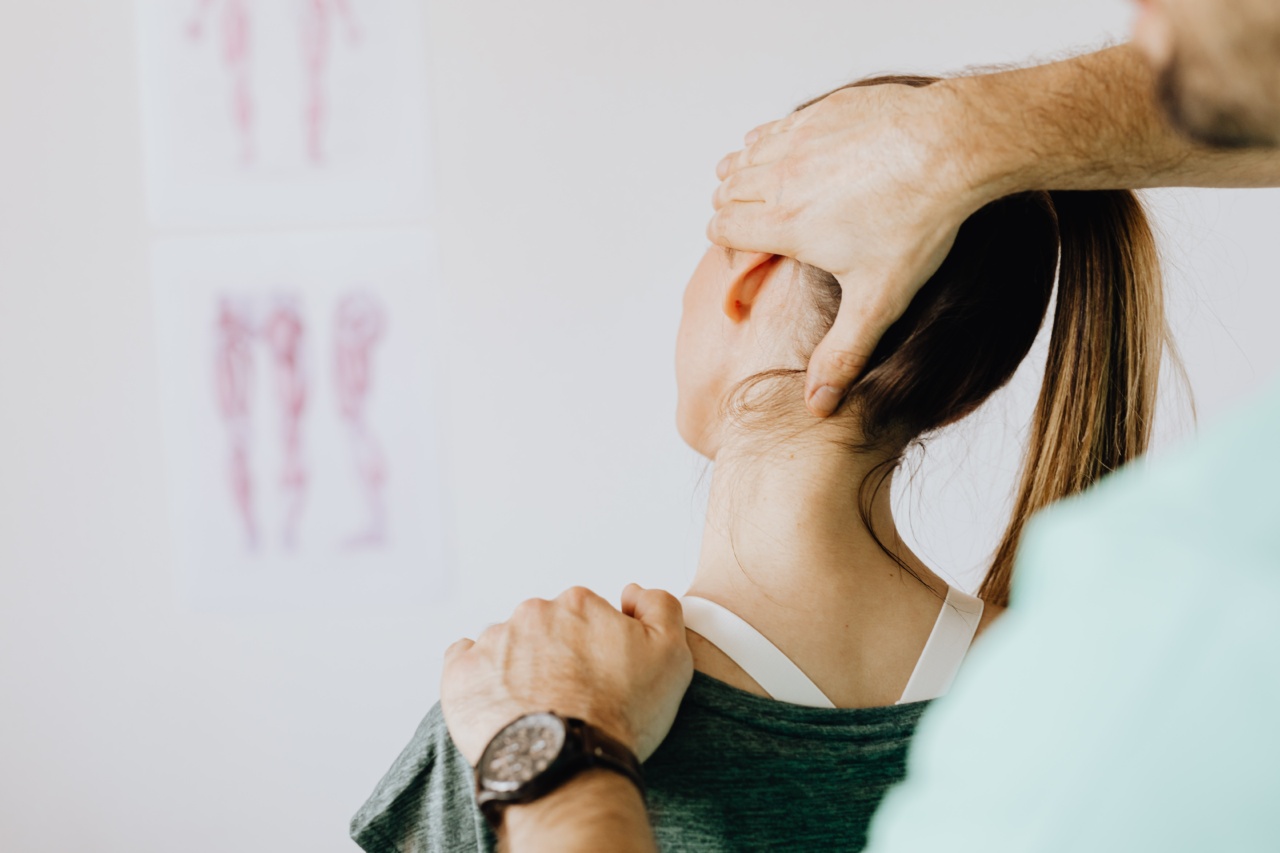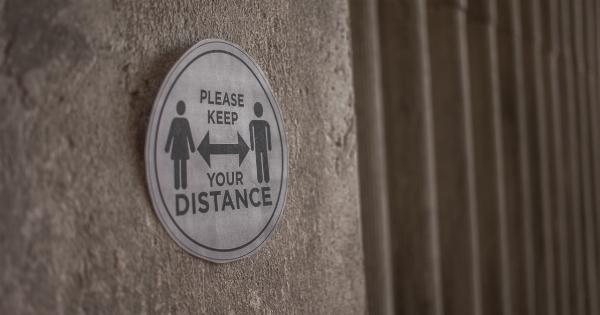Summer is a time for outdoor activities and sports. Whether you enjoy swimming, biking, hiking, or playing a game of beach volleyball, the warm weather provides endless opportunities for fun and exercise.
However, all that physical activity can sometimes lead to sore muscles. If you find yourself feeling the post-workout ache, don’t worry! We’ve got you covered with these tips for relief.
1. Stretch Before and After
Before you engage in any physical activity, it’s essential to warm up your muscles and prepare them for the exercise. Begin with some gentle stretching exercises to increase flexibility and blood flow to your muscles.
This warm-up routine will help reduce the risk of muscle strains and soreness.
2. Stay Hydrated
Proper hydration is crucial, especially during summer games and outdoor activities. When you sweat, your body loses water and essential minerals. Dehydration can worsen muscle soreness and slow down the recovery process.
Make sure to drink plenty of water before, during, and after your workout to stay hydrated and minimize muscle fatigue.
3. Apply Cold Therapy
Applying cold therapy to your sore muscles can help reduce inflammation and pain. You can use ice packs, cold compresses, or even a bag of frozen vegetables wrapped in a thin cloth.
Apply the cold therapy for about 15 minutes at a time, several times a day, particularly in the first 48 hours after exercise, to alleviate soreness.
4. Incorporate Heat Therapy
After the initial 48 hours of cold therapy, you can transition to heat therapy to promote healing and relaxation of your muscles. Apply a warm compress or take a warm bath.
The heat will increase blood circulation and loosen tight muscles, providing relief from soreness.
5. Get a Massage
A massage can do wonders for sore muscles. It helps improve blood flow, reduces muscle tension, and accelerates the removal of waste products. Consider getting a professional massage or treating yourself to a foam roller or massage ball.
Self-massage techniques can also be helpful in relieving muscle soreness.
6. Use Over-the-Counter Pain Relievers
If your muscle soreness is causing significant discomfort, over-the-counter pain relievers, such as ibuprofen or acetaminophen, can provide temporary relief.
However, consult with your healthcare professional before taking any medication to ensure it is safe for you.
7. Take Rest Days
Rest and recovery are crucial for avoiding muscle soreness and preventing injuries. Allow your body enough time to heal and rebuild. Incorporate regular rest days into your workout routine to give your muscles a chance to recover.
It’s during the recovery phase that your muscles grow stronger.
8. Consider Epsom Salt Baths
Epsom salt baths have long been used to relax muscles and relieve soreness. It contains magnesium sulfate, which can be absorbed through the skin and help reduce inflammation. Add a cup or two of Epsom salt to warm bathwater and soak for 20 minutes.
It’s not only soothing for your muscles but also a great way to relax after a challenging workout.
9. Stay Active
While it may seem counterintuitive, engaging in light physical activity, such as walking or gentle stretching, can actually help reduce muscle soreness.
Active recovery promotes blood flow to the muscles, which aids in the removal of waste products and promotes healing. However, avoid intense workouts that target the same muscles until soreness subsides.
10. Stay Consistent with Exercise
Lastly, staying consistent with your exercise routine can help prevent future muscle soreness. Gradually increasing the intensity and duration of your workouts allows your muscles to adapt and become stronger over time.
Consistency builds resilience and reduces the likelihood of experiencing severe muscle soreness after each session.
Conclusion
Summer games and outdoor activities are a fantastic way to stay active and have fun. However, muscle soreness can sometimes be an unwelcome side effect.
By following these tips for relief, such as stretching, staying hydrated, and incorporating various therapies, you can minimize muscle soreness and recover more quickly. Remember to listen to your body and give yourself adequate rest to prevent injuries. With these strategies, you’ll be able to enjoy your summer games to the fullest without worrying about sore muscles.



























